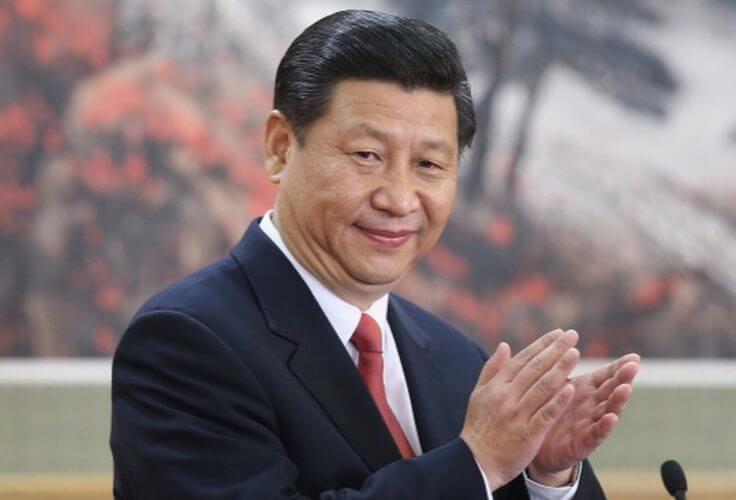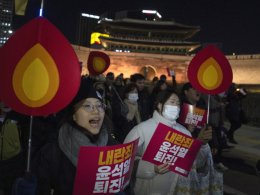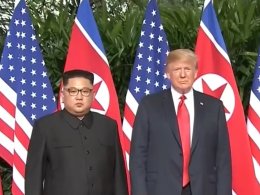The Biden administration on Saturday agreed to pay climate reparations to developing nations, a move that China—the world's top emitter of greenhouse gases and one of its largest economies—could profit from.
Administration officials emerged from the United Nations Climate Change Conference over the weekend with a global agreement to establish a "climate justice" fund that would see the United States and other wealthy nations pay developing countries for "loss and damage" caused by climate change. But the U.N. still classifies China—which boasts the second-highest gross domestic product in the world—as a developing country, meaning it could benefit from the fund. That classification has left the United States scrambling to assure "that China will eventually contribute to any fund created—and that China would not be eligible to receive money from it," the New York Times reported Saturday. Beyond its economic status, China is by far the world's number one carbon emitter: The communist nation's greenhouse gas emissions in 2019 "exceeded those of the U.S. and other developed nations combined," according to CNBC.
It's unclear exactly how much the fund would cost, but a 2021 U.N. estimate placed the annual price tag in the hundreds of billions of dollars. That sky-high figure—and China's potential to receive a portion of it—will likely draw Congress's ire, particularly after Republicans take control of the House in early 2023. Biden's climate diplomats agreed to the fund at the conference, but Congress still must appropriate any taxpayer money that goes into it. Sen. John Barrasso (R., Wyo.) has already called the fund "completely misguided," and even a razor-thin House GOP majority could decline to bankroll it should its members remain united in opposition.
Biden's decision to back the climate fund comes just days after his climate czar, John Kerry, assured reporters that such a fund was "just not happening." "It's a well-known fact that the United States and many other countries will not establish … some sort of legal structure that is tied to compensation or liability," Kerry said on November 12. Roughly one week later, after the conference's conclusion, Kerry released a statement saying he "welcomes" the fund's creation.









